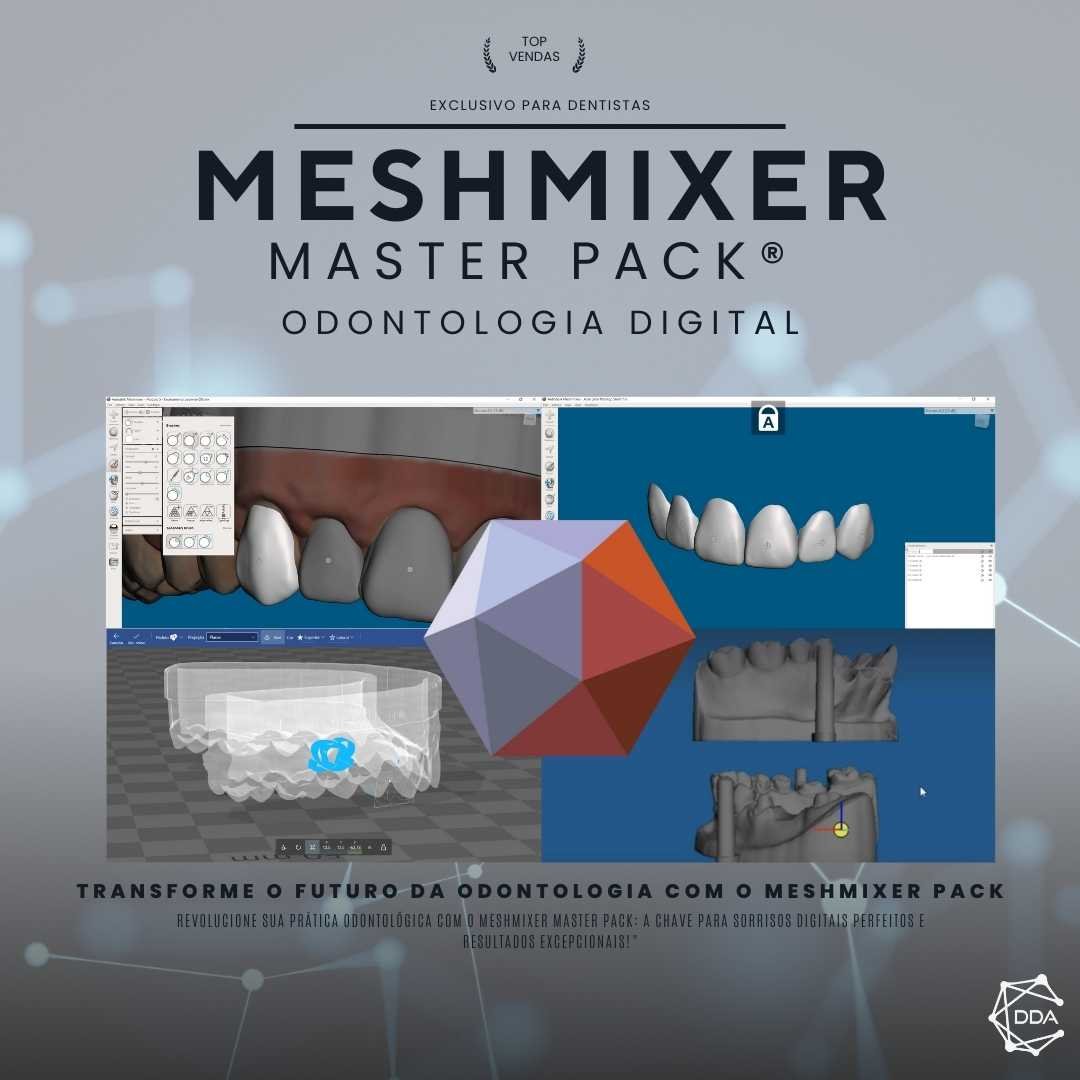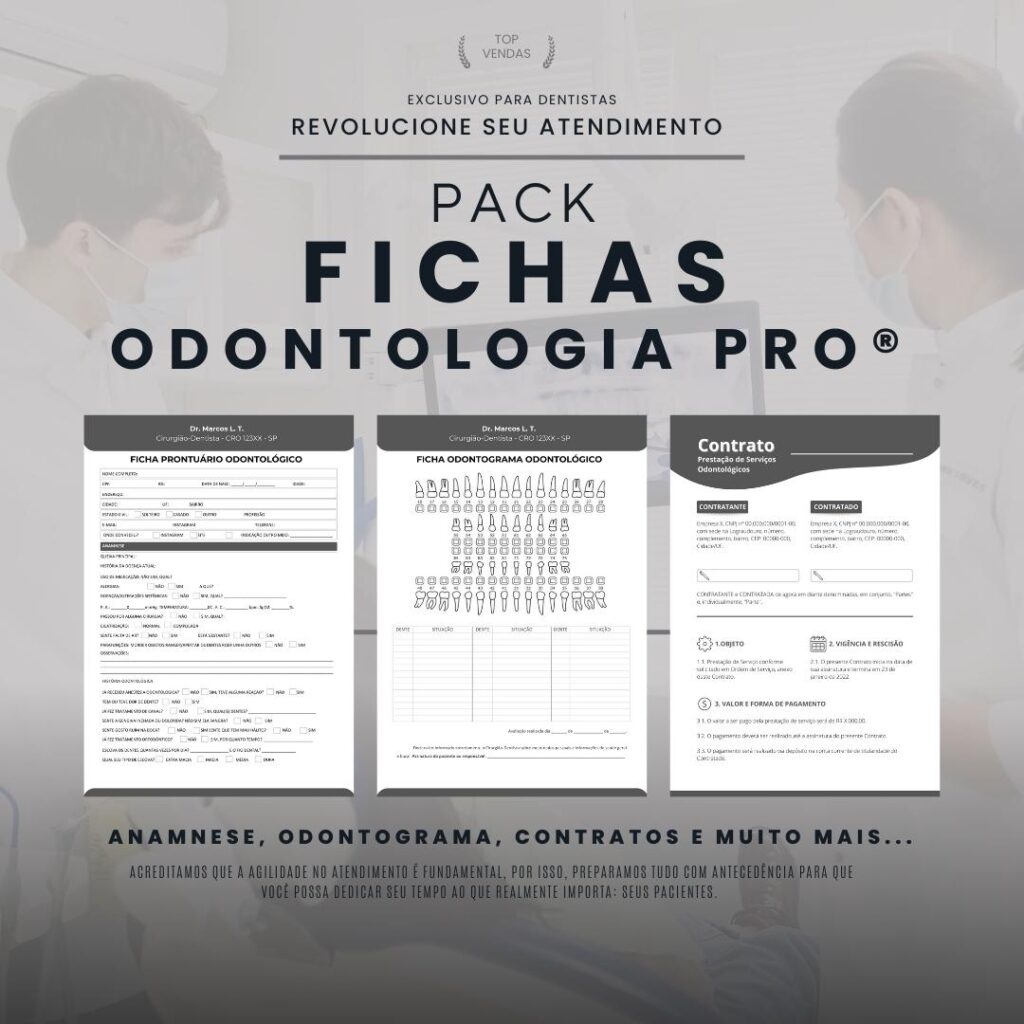What is an Ectopic Tooth?
An ectopic tooth is a dental condition in which a tooth develops outside of its normal position in the dental arch. In other words, it's when a tooth grows in a place where it shouldn't be. This condition can occur in both primary teeth (baby teeth) and permanent teeth.
Causes of Ectopic Tooth
An ectopic tooth can be caused by a number of factors. Some of the main ones are:
1. Genetic factors: In some cases, genetic predisposition may influence the development of ectopic teeth. If one of the parents has this condition, there is a greater chance that the child will also develop it.
2. Lack of space in the dental arch: When the dental arch does not have enough space to accommodate all the permanent teeth, ectopic development can occur. This can be caused by a variety of reasons, such as the presence of extra teeth, lack of adequate bone growth, or premature loss of baby teeth.
3. Trauma: Lesions in the oral region can affect the normal development of teeth, leading to the emergence of ectopic teeth.
Types of Ectopic Tooth
The ectopic tooth can manifest itself in different ways, depending on its location in the dental arch. Some of the most common types are:
1. Palatal ectopic tooth: In this case, the tooth develops in the back of the palate, which is the roof of the mouth. This type of ectopic tooth is most common in upper canine teeth.
2. Labial ectopic tooth: Here, the tooth develops on the outside of the dental arch, close to the lips. This type of ectopic tooth is most common in upper lateral incisor teeth.
3. Buccal ectopic tooth: In this case, the tooth develops in the outer part of the dental arch, close to the cheeks. This type of ectopic tooth is most common in molar teeth.
Symptoms of Ectopic Tooth
The symptoms of an ectopic tooth may vary depending on the case and the location of the tooth. Some of the most common symptoms include:
1. Pain: The ectopic tooth can cause pain in the affected region, especially when chewing or touching.
2. Misalignment of teeth: The ectopic tooth can cause misalignment of adjacent teeth, affecting the bite and the aesthetics of the smile.
3. Inflammation and infection: In some cases, the ectopic tooth can cause inflammation and infection in the surrounding gums.
Ectopic Tooth Treatment
Treatment of an ectopic tooth depends on the type and severity of the case. Some of the main treatment methods include:
1. Tooth Extraction: In simpler cases, extraction of the ectopic tooth may be the best solution. This is done to prevent future complications and allow the adjacent teeth to develop properly.
2. Orthodontics: In more complex cases, orthodontics may be necessary to reposition the ectopic tooth in the correct position. This may involve the use of orthodontic braces and other devices to help align your teeth.
3. Orthognathic surgery: In more serious cases, it may be necessary to resort to orthognathic surgery to correct the position of the ectopic tooth and realign the dental arch.
Ectopic Tooth Prevention
Although it is not always possible to prevent the development of an ectopic tooth, some measures can help reduce the risk. Some prevention tips include:
1. Regular visits to the dentist: Carrying out periodic dental appointments is essential to identify any problems related to tooth development early.
2. Proper oral hygiene: Maintaining good oral hygiene, including brushing and flossing daily, helps prevent dental disease and problems.
3. Orthodontic follow-up: In cases of malocclusion or orthodontic problems, it is important to seek assistance from an orthodontist to ensure adequate development of the dental arch.
Conclusion
In summary, an ectopic tooth is a condition in which a tooth develops outside of its normal position in the dental arch. It can be caused by genetic factors, lack of space in the dental arch or trauma. There are different types of ectopic teeth, such as palatal, labial and buccal. Symptoms can include pain, tooth misalignment, and inflammation. Treatment may involve tooth extraction, orthodontics or orthognathic surgery. Although it is not always possible to prevent ectopic teeth, measures such as regular visits to the dentist, proper oral hygiene and orthodontic care can help reduce the risk.


